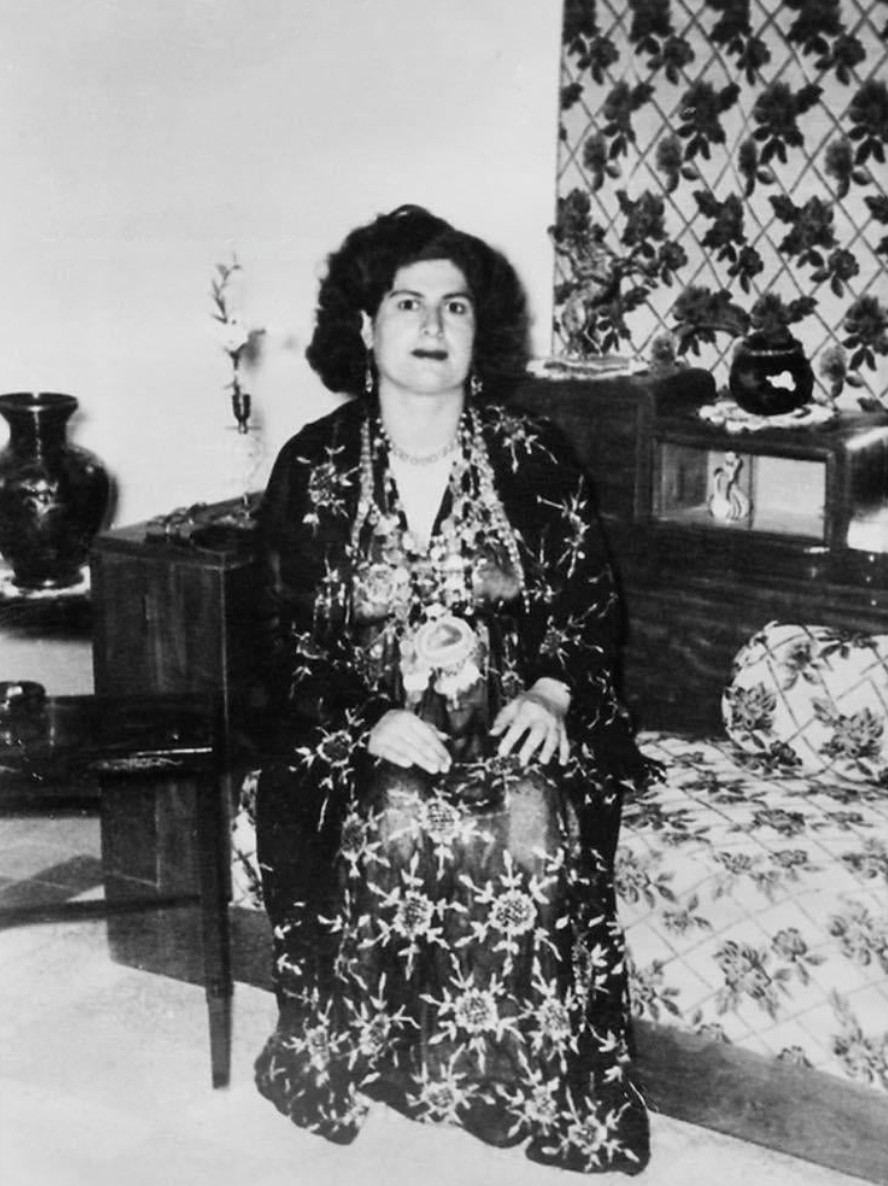The Kurds are one of the Middle East’s oldest ethnic groups. Their long history, however, is full of tragic events that have strongly influenced their identity, including their culture, traditions, and language. This unique identity has, in turn, prompted researchers, politicians, culturologists, linguists, and non-specialists from all parts of the world, including Russia, to take significant interest in the Kurds.
The establishment of Russian Kurdology, or Kurdish studies, dates to 1797, when the Asian Affairs Department was added to the Russian Ministry of Foreign Affairs, which focused on relations with Kurds living both within the Russian Empire and outside it. At that time, the Kurds occupied an important part of Russia’s international political agenda.
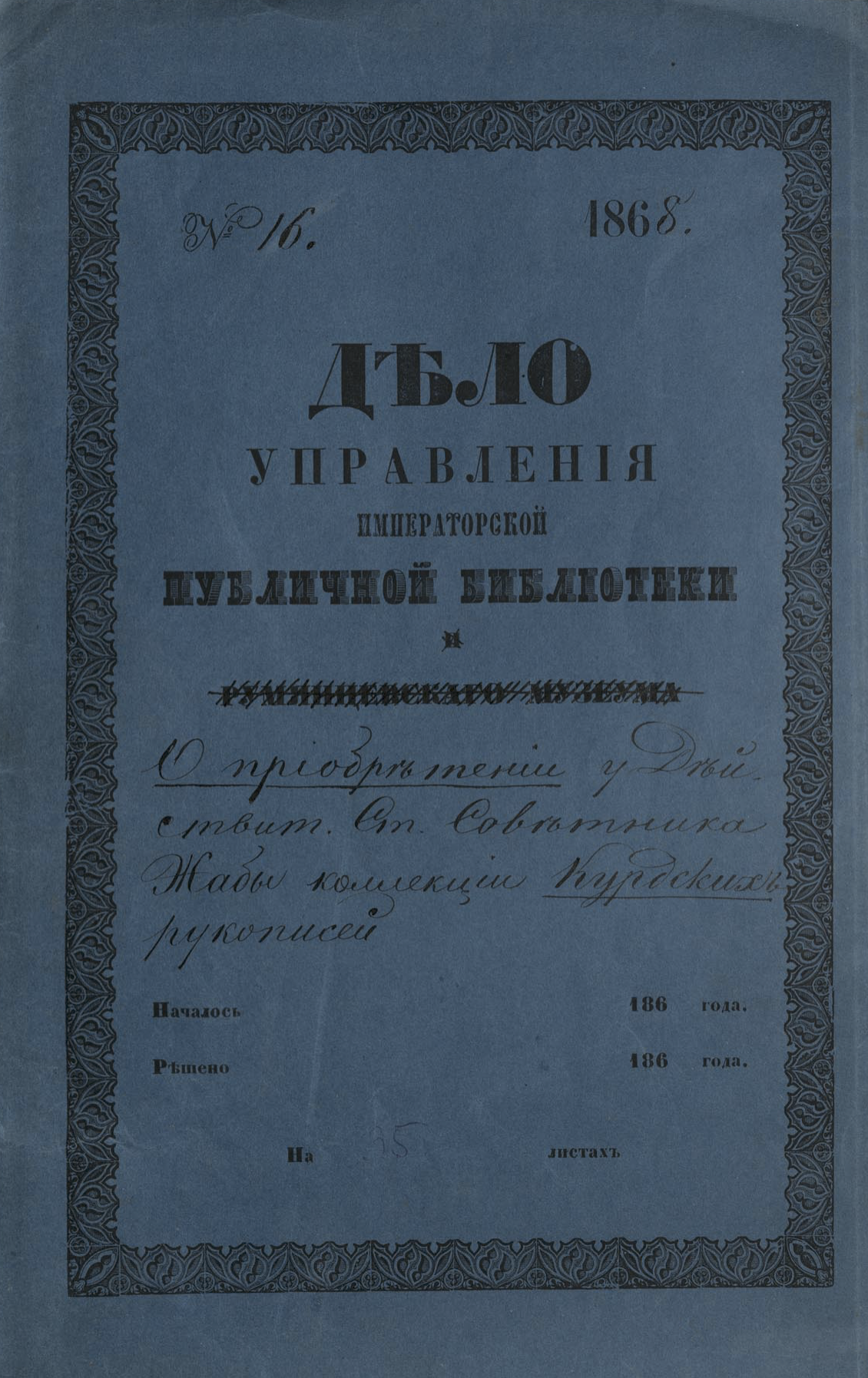
Then, during the first half of the 19th century, the region of Transcaucasia, or the South Caucasus, joined the Empire and was home to a large Kurdish population, which intensified the development of Russian-Kurdish relations across many spheres of life. The Kurds became the object of numerous scholarly studies, and an ethnic group considered worth communicating and developing constructive cooperative ties with. In the Russian Empire’s 1897 census, the Kurdish population was estimated at 99,000.
Meanwhile, Soviet ethnologist Aristova Tatyana writing in the mid-1900s noted that the Kurds residing in Russia were loyal to authorities, especially after the Russians became their liberators during World War I. Throughout the war, many Kurds enthusiastically enlisted in the ranks of the Russian Army, showing courage in fierce battles. At the same time, many Yezidi Kurds were forced to flee to Armenia and Georgia during the war to escape political, religious, and ethnic cleansing.
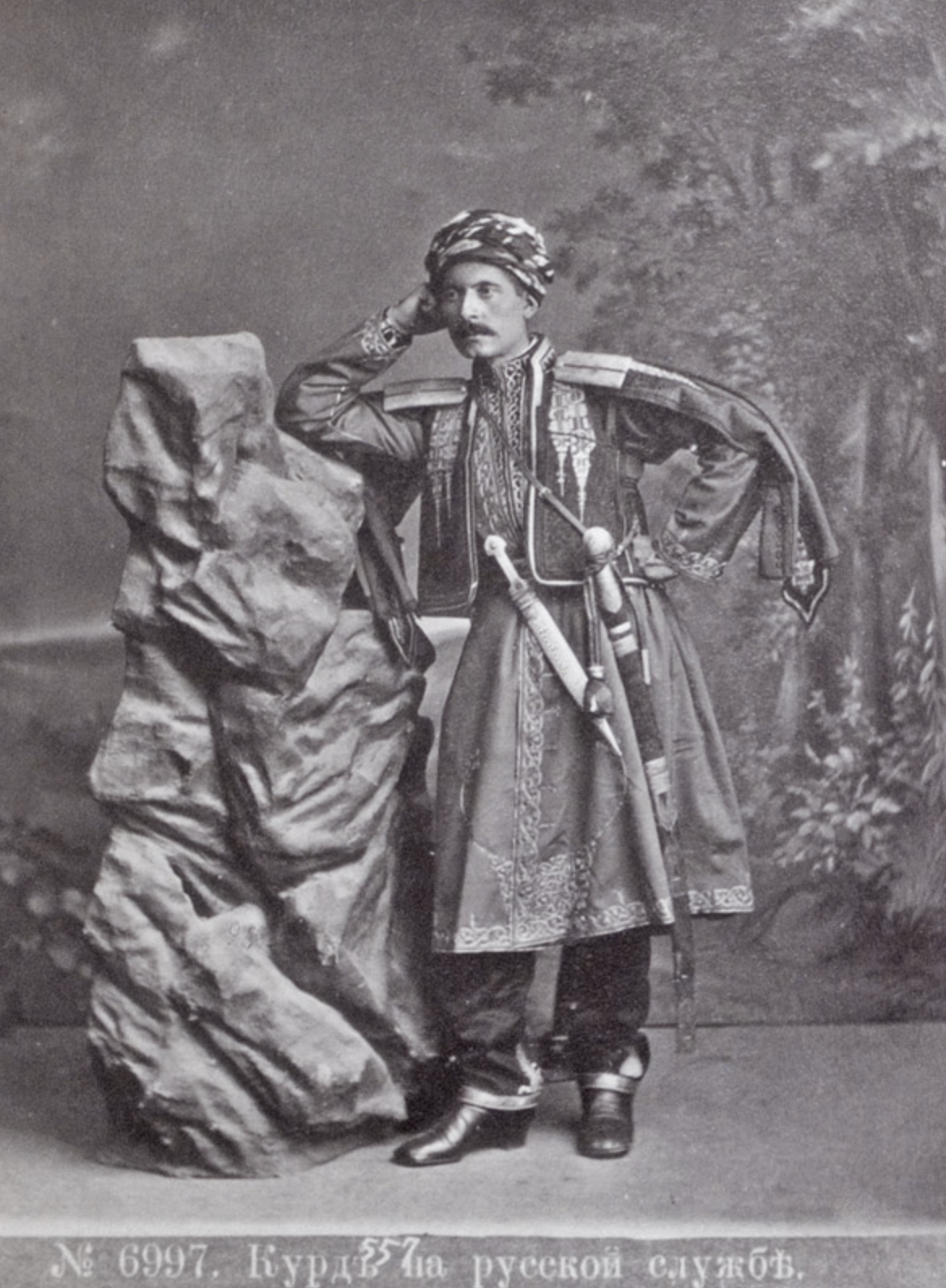
Emergence of Russian Kurdology
The history of Russian-Kurdish relations is long and complicated, yet it has been constantly infused with a spirit of empathy and friendliness. Since the Kurds were a part of the Russian state and there had been continuous interaction at various stages of Russia’s historical development, the Kurds attracted the attention of many scholars whose works formed the basis of Kurdology.
The foundation of Russian Kurdology rests on the works of major researchers, explorers, and orientalists such as William Dittel, Vasily Bartold, Peter Lerch, Nikolay Marr, Margarita Rudenko, Zara Yusupova, and others. However, the father of Russian Kurdology was Joseph Orbeli, a Soviet-Armenian orientalist, academician, and author of the most valuable works on the history of Kurdish culture, literature, and language. Orbeli called the Kurds the “Knights of the East” for their courage, stamina, and strong sense of justice.
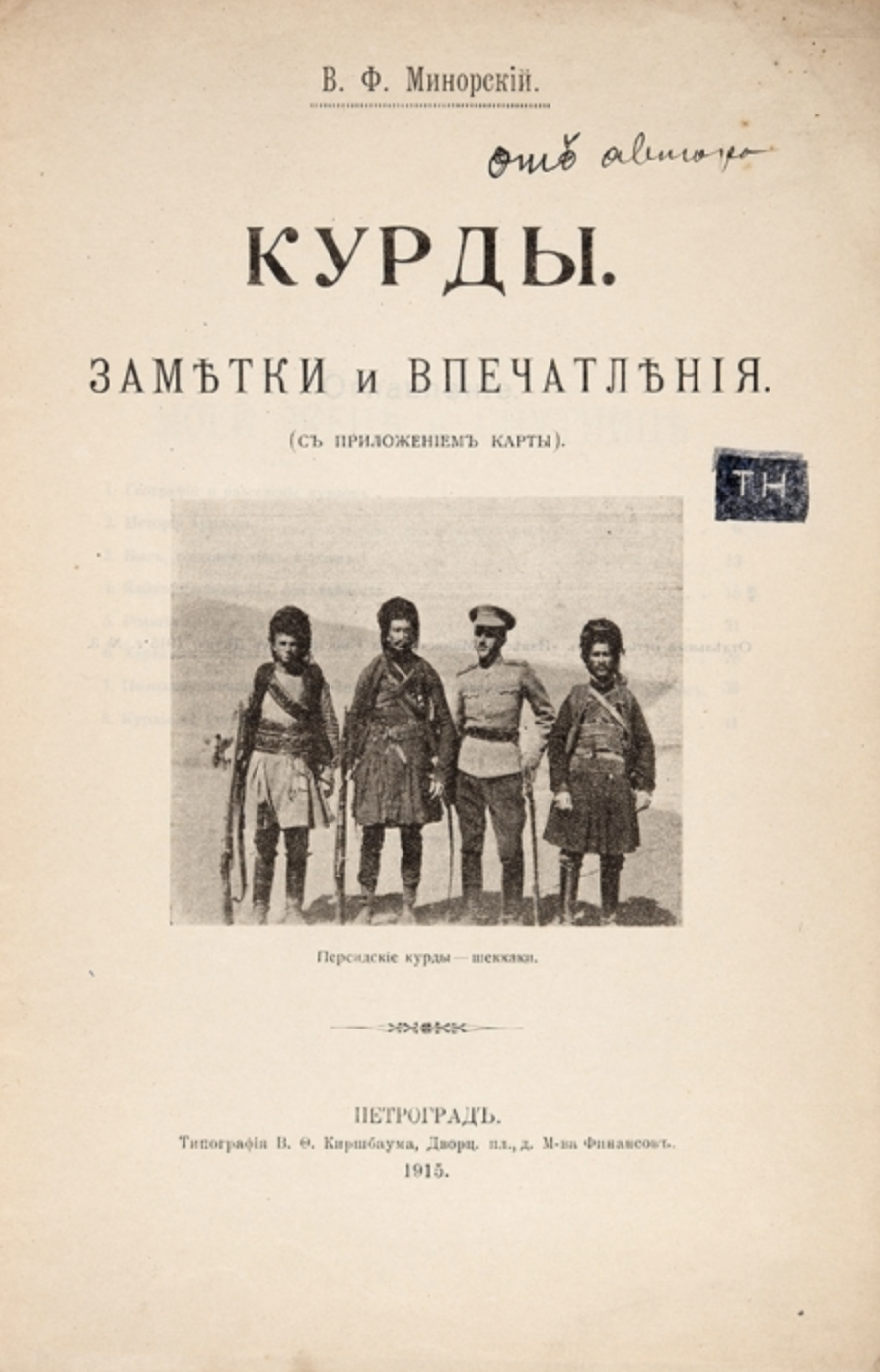
However, how could researchers who were geographically so far away from Kurds obtain such detailed information about them? Russian diplomats were certainly vital in gathering scholarly information, and they were credited for this work in the Ottoman and Persian Empires. During the early days of Russian Kurdology, many diplomats devoted time and energy to studying the Kurds in Russia and cultivating Russian-Kurdish relations. Moreover, with territorial expansion, increasingly more Kurds found themselves living in Russia. For example, a “Kurdistan district” was identified in 1923 in the newly established Azerbaijan Soviet Socialist Republic, which was also known as “Red Kurdistan.”
Since Russian diplomats closely communicated with Kurds, they managed to collect and save the most valuable pieces of Kurdish literature and record authentic Kurdish folklore, having heard the stories directly from native speakers. Diplomatic officers were also the first to master the Kurdish language, helping to consolidate the most important information that undergirds Russian research on Kurds. As a result, many important pieces of Kurdish literature in its original language were saved and are now housed at the Russian National Library.
August Zhaba was one such diplomat who made a great contribution to development of Russian-Kurdish relations and Kurdology itself. One of the first graduates of the Educational Department of Oriental Languages in the Asian Department of the Russian Ministry of Foreign Affairs, Zhaba not only had a noteworthy diplomatic career, but also contributed to Kurdology, primarily through publishing the first Kurdish-French dictionary in 1879. His collection of manuscripts in the Kurdish language, including his translation of the famous Sharafnama, is incredibly rich and valuable.
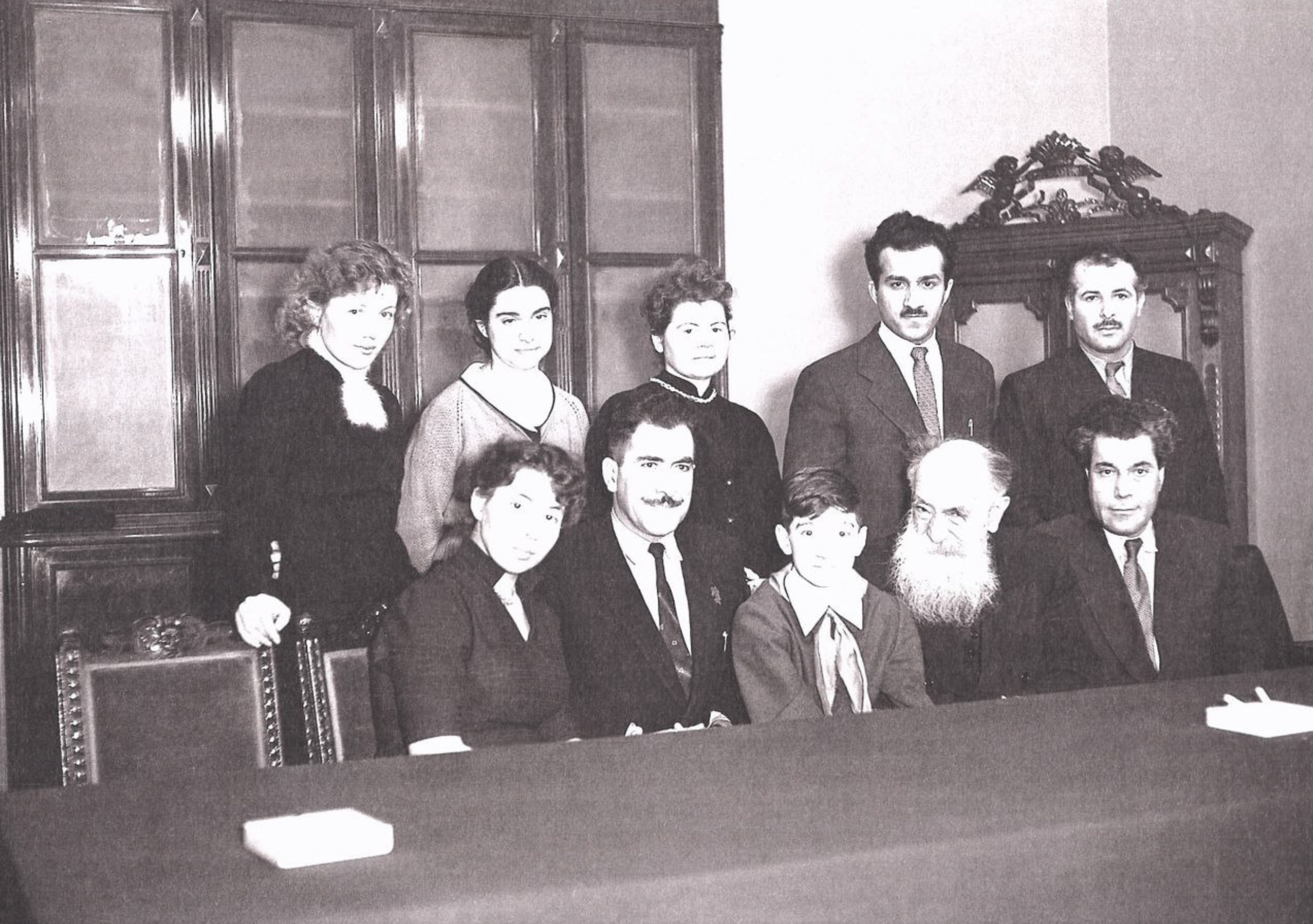
Vladimir Minorsky
Diplomat and scholar Vladimir Minorsky is perhaps the most outstanding Russian diplomat-orientalist of the 20th century. During his service at the Russian Embassy in the Persian Empire, Minorsky made significant contributions to demarcating the Ottoman-Iranian border as a representative of Russia in the so-called Commission of Four, which included Ottoman, Iranian, British and Russian officials. So significant was his role that in February 1914 this border was named the Minorsky Line in his honor. Despite his demanding diplomatic routine, Minorsky managed to find time to publish his studies of Kurdish culture. In 1911, he published his first article, which was dedicated to the study of the religious and philosophical doctrine of Yarsanism, or Ahl-e Haqq (People of Truth).
After this publication, Minorsky became famous not only as an orientalist, but also as a friend of the Kurdish people. He studied Kurdish archaeology, history, and culture for many years, collecting vast amounts of sources. He later published one of his most important studies, The Kurds: Notes and Impressions, in 1915 and developed one of the most popular ethnic theories of Kurdish origin.
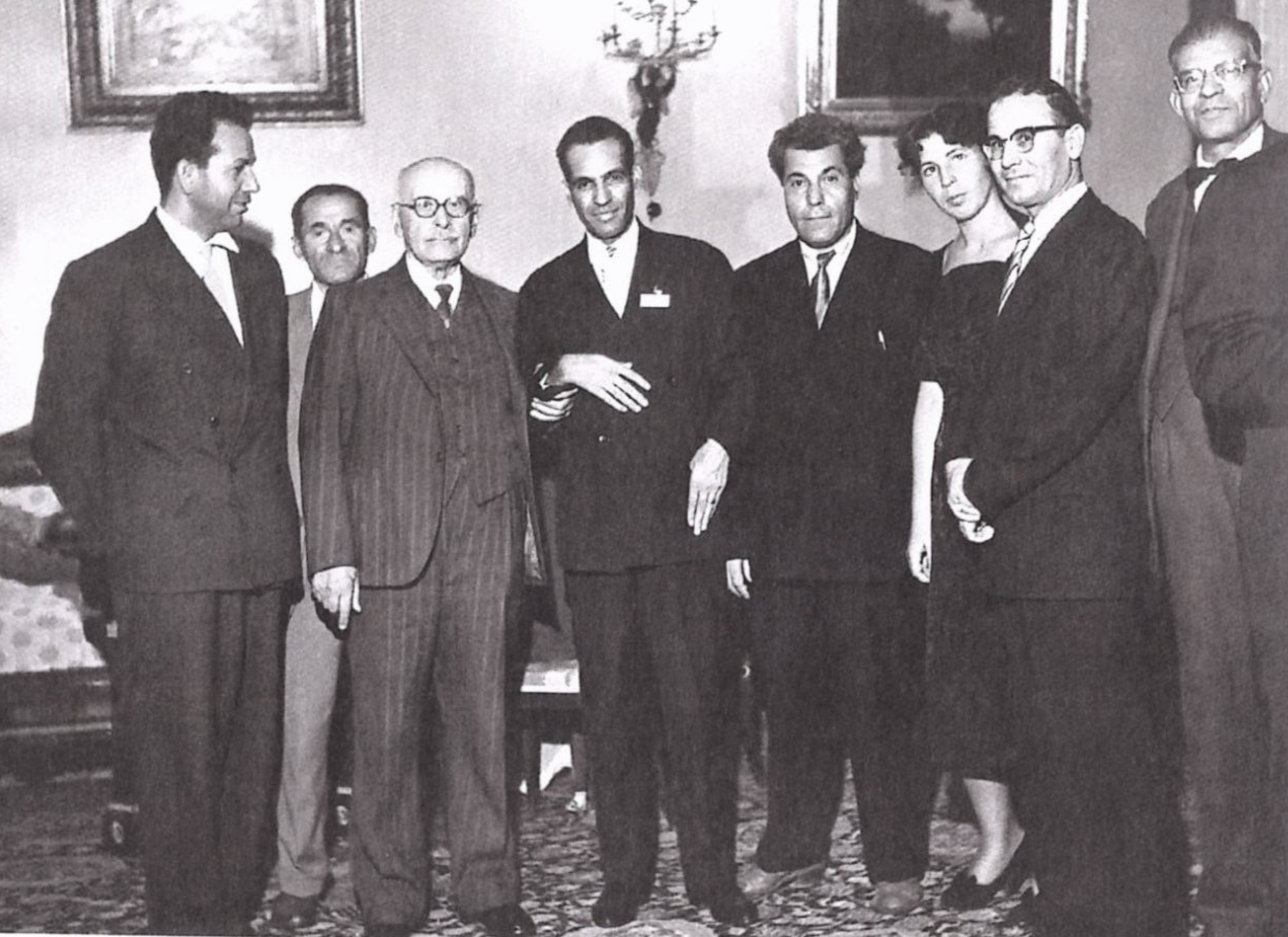
Minorsky’s contribution to Kurdology, as well as to the development of sustainable ties between Russia and Kurdistan, was profound. Fluent in several dialects of the Kurdish language, he worked tirelessly to consolidate this valuable knowledge into a series of works dedicated to the literature and history of Kurds. He also actively popularized the Kurdish language and literature in Russia and abroad.
From the late 1700s onwards, the activities of Russian diplomats opened new possibilities for researchers to study the mysterious “knights of the East.” Through quotidian and often tedious scholarly work imbued with fidelity to their sources and a commitment to their diplomatic craft in all its meaning, they cultivated and strengthened relations between different nations and ethnicities based upon mutual respect, patience, and support.
Kurdology studies, moreover, remain important in modern Russia, with Kurdish history, linguistics, culture, economics, politics, and society an ongoing focus for Russian academicians and researchers. Today, 70,000-90,000 Kurds live in the Russian Federation, where they are able to access information about their culture, language, and ethnic identity, helping to safeguard their heritage.
Rubin Maxim Olegovich is the Consul General of the Russian Federation in the Kurdistan Region.
